4 NYC Natural Areas to View Salt Marshes with Vibrant Fall Colors
By Natural Areas Conservancy on September 19, 2025
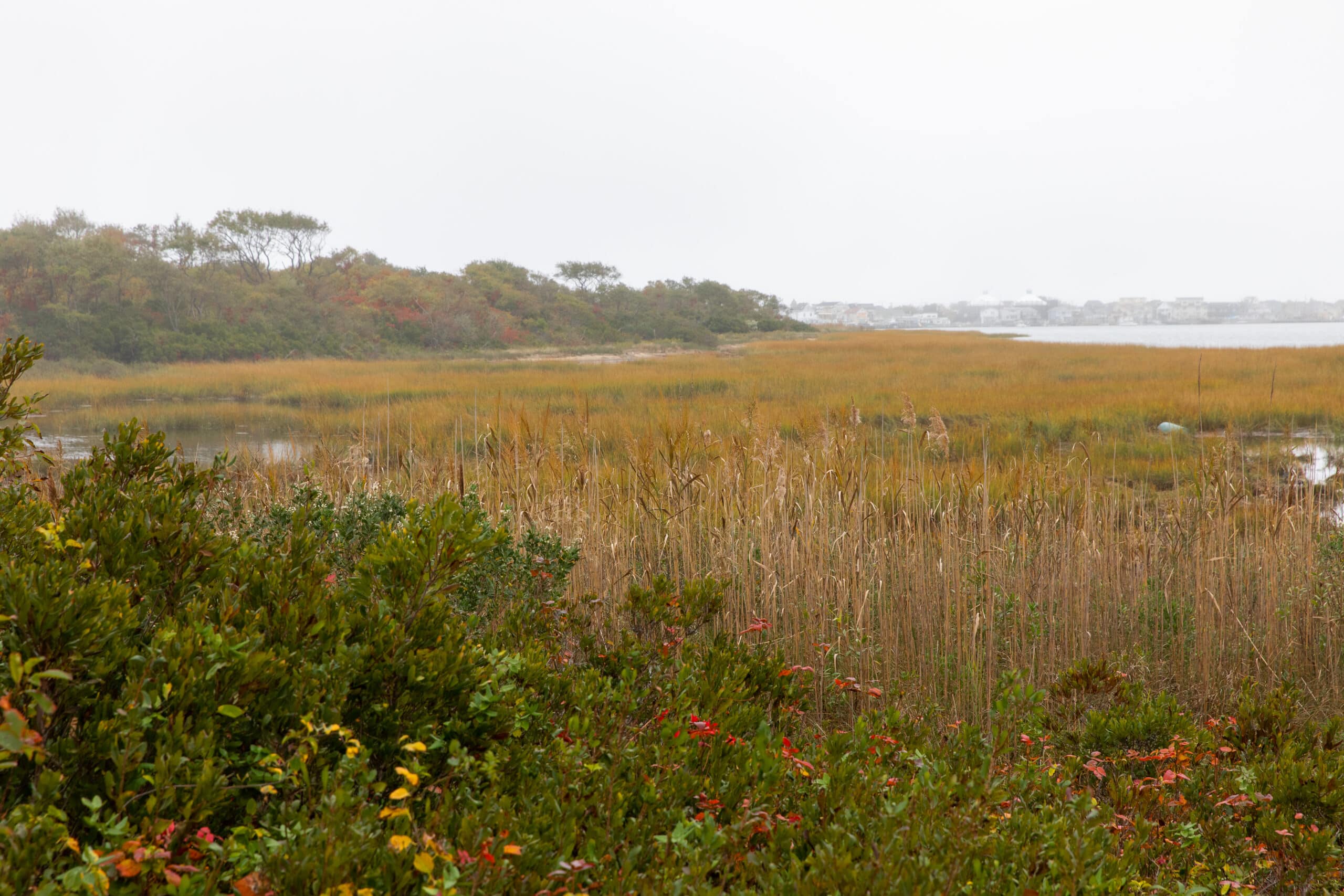
By Natural Areas Conservancy on September 19, 2025

While leaf-peeping season is upon us and millions travel to New England forests, a lesser-known fall display of vibrant color is happening in New York City’s salt marshes. Salt marsh plants are also preparing for winter by losing their green chlorophyll and unmasking the hidden red, orange, and yellow pigments just as the more familiar forest trees do. These coastal grass-dominated wetlands explode with their own stunning shades and textures. Grab your pumpkin spice latte and read on below to discover NYC salt marshes to enjoy an autumn stroll in.
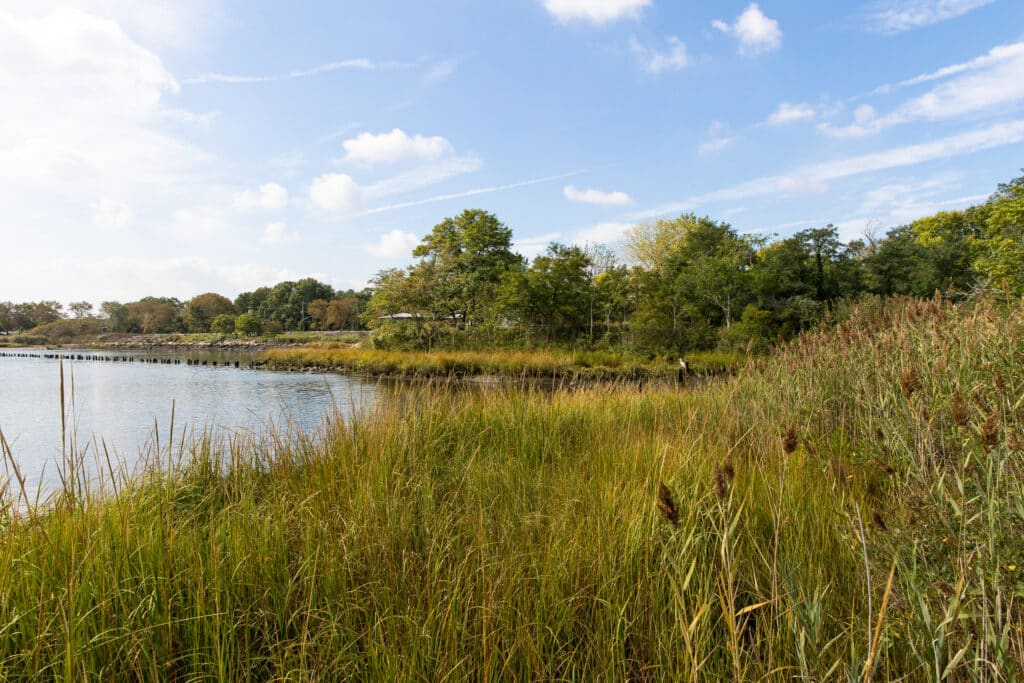
Take a walk on the Marine Park salt marsh trail next to the Salt Marsh Nature Center to get the best view of the waving sea of saltwater cordgrass (Spartina alterniflora) with their tan-gold seedheads. Other plants to look out for: winged sumac, common reed, Northern bayberry, goldenrods and common milkweed in flower. In the upland edges of the marsh you might see the spectacular purple lovegrass (Eragrostis spectabilis) pictured at the bottom of this blog post.
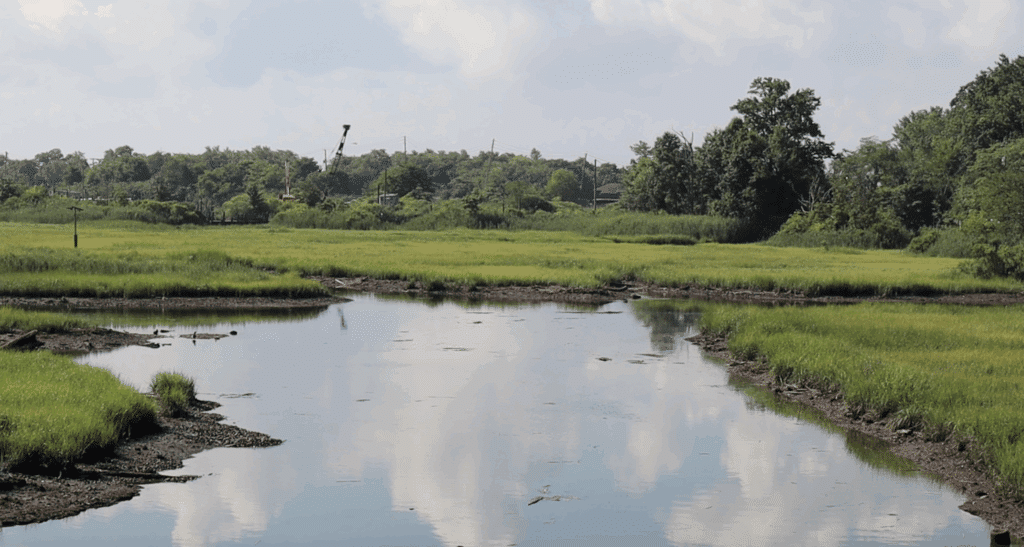
Hop onto the trailhead off Bayview Avenue for a short walk to the marsh edge. The creek ahead of you winds through Spartina grasses and in lower spots you’ll see the show-stopping glasswort (Salicornia) glowing pink and red.
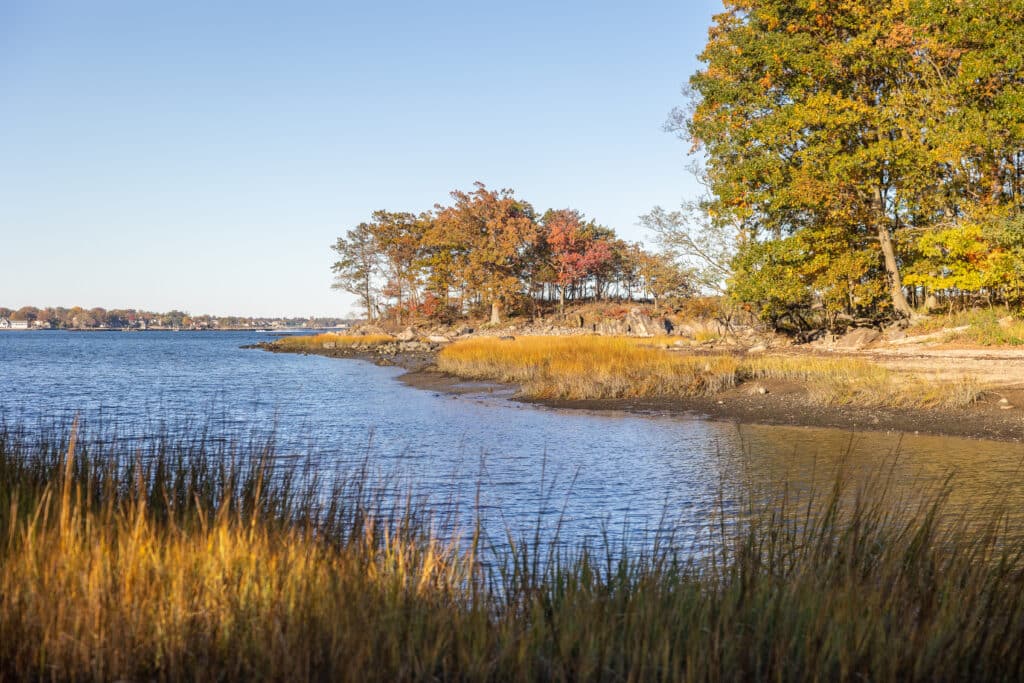
Hunter Island’s Kazimiroff Trail, accessible from the Orchard Beach parking lot, hugs the shore and offers several opportunities to see salt marsh colors. Walk along the shoreline and cross over the wooden boardwalk through the marsh for an up-close look. Sea lavender’s (Limonium) red rosettes of leaves and clouds of light purple flowers are mixed among the cowlicked patterns of golden saltmeadow cordgrass (Spartina patens).
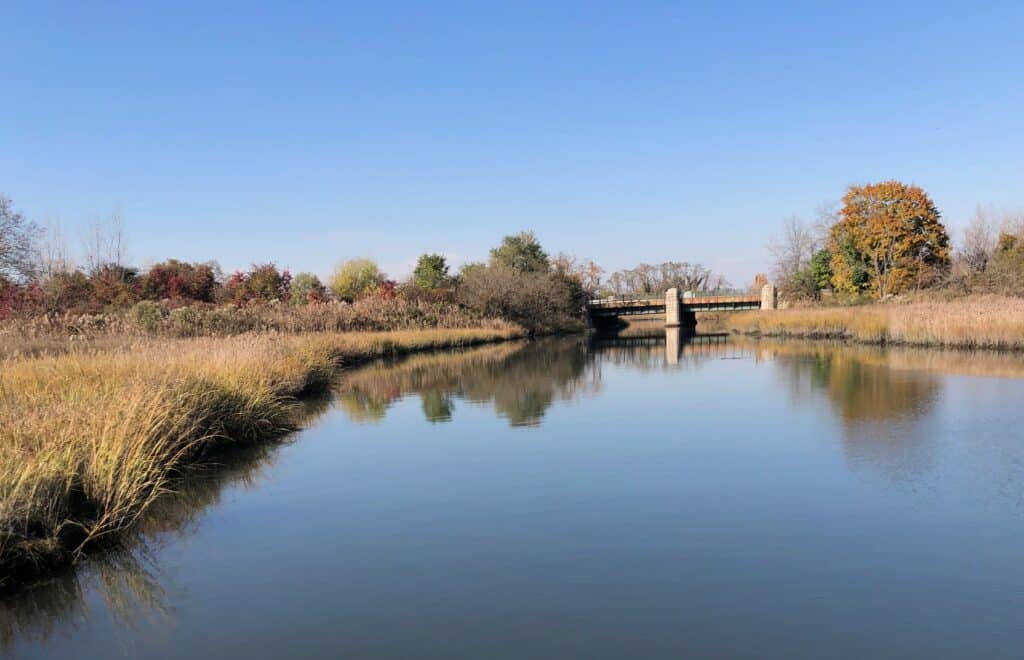
Jump on the nature trail next door to the Alley Pond Environmental Center on Northern Boulevard and follow the boardwalk hovering over the creek for a great view along the entire marsh. Even the monotonous common reed stands (Phragmites) become distinctive with their seed plumes turning purple, tan, or gold en masse. Marking the high tide’s reach is groundsel bush (Baccharia halmifolia) with its profusion of fluffy silver seedheads.
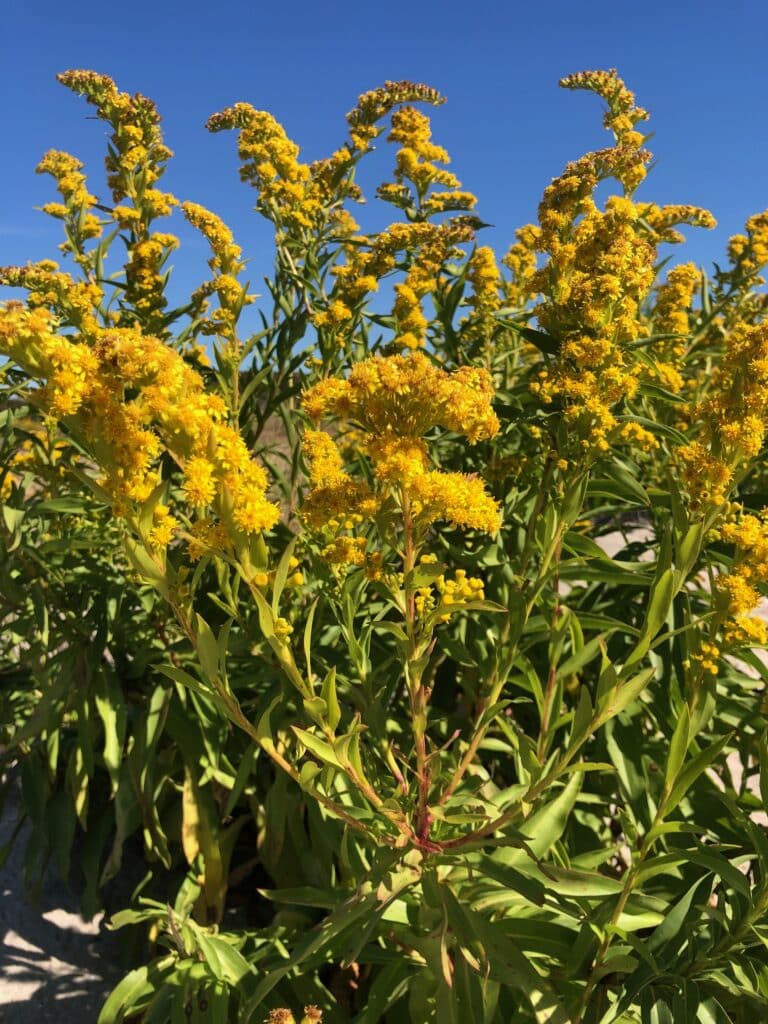
Seaside goldenrod
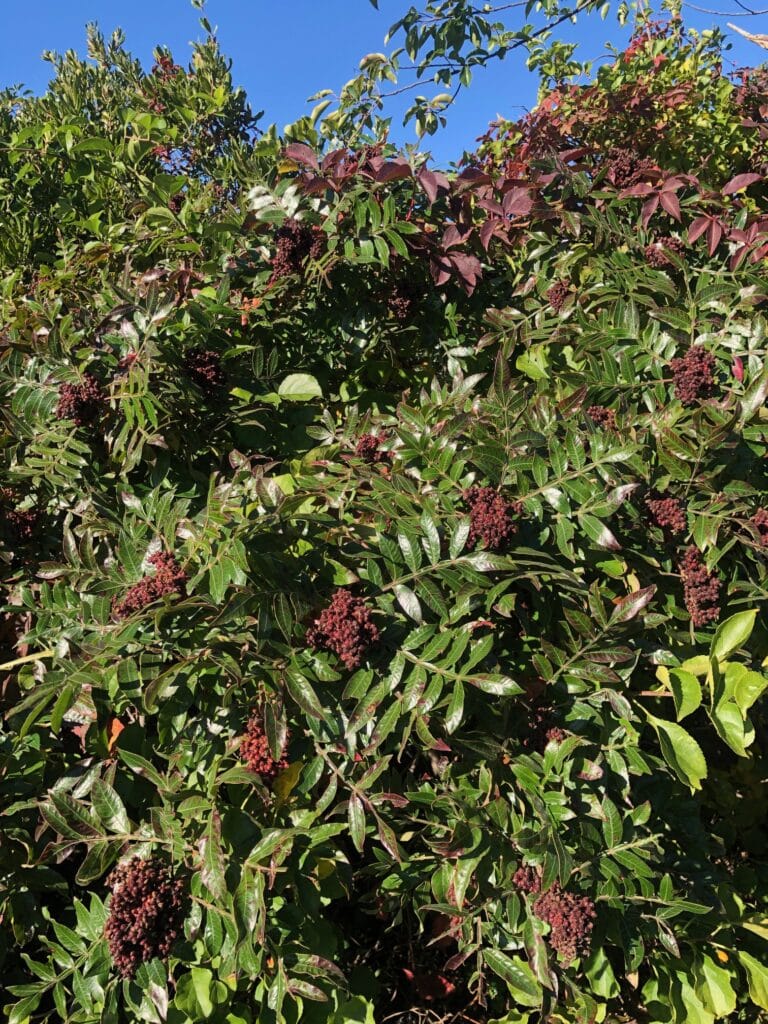
Winged sumac
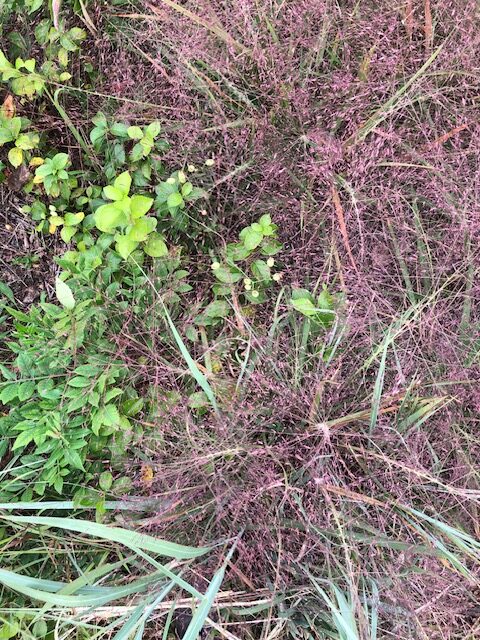
Purple lovegrass
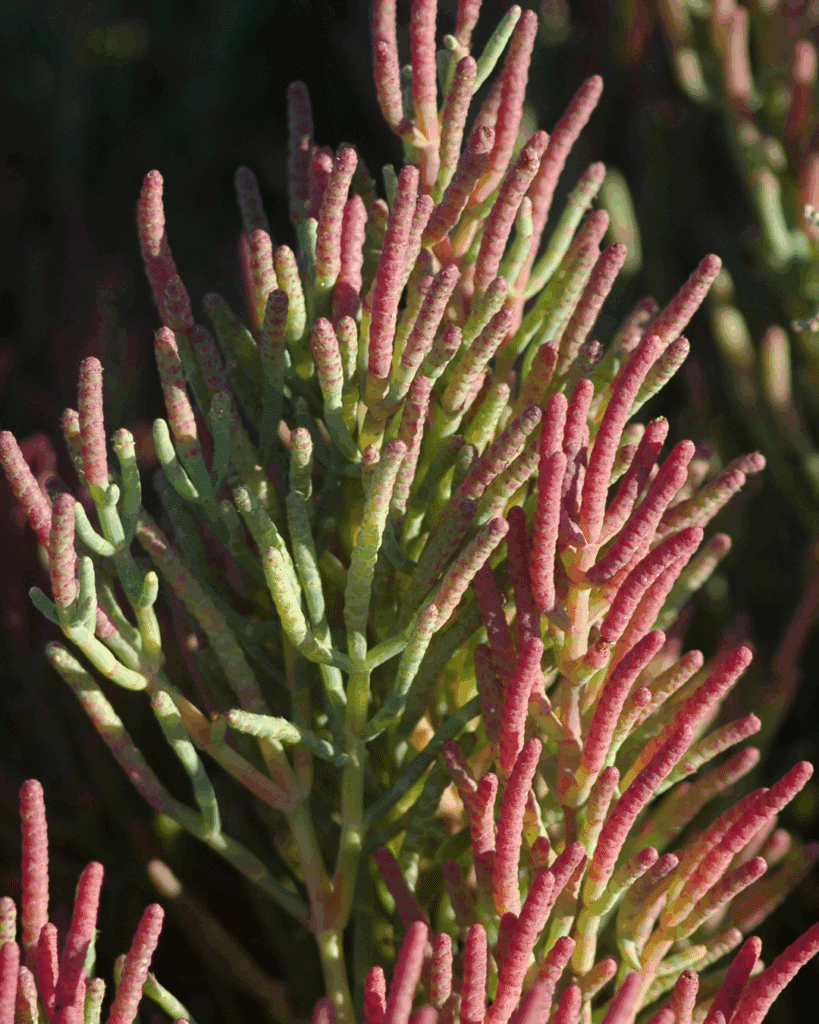
Glasswort
We hope you enjoy the beautiful fall in New York City’s natural areas! Check out our other fall tips on which trees to look out for with the most spectacular colors, and which natural areas are the best to view fall foliage.